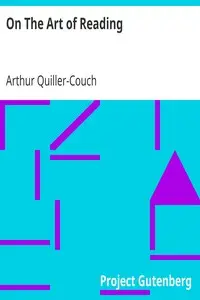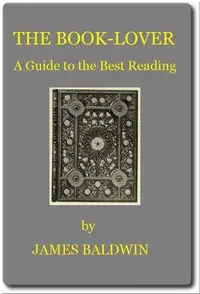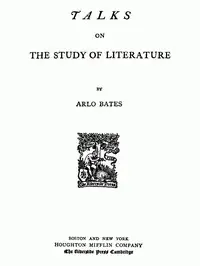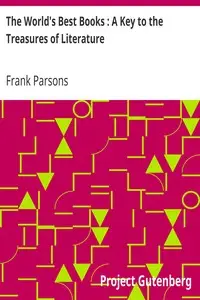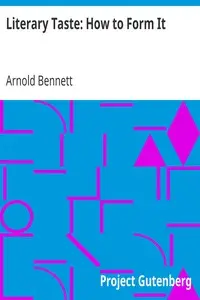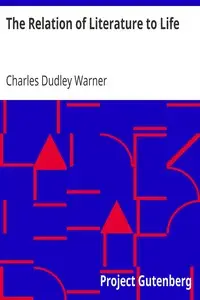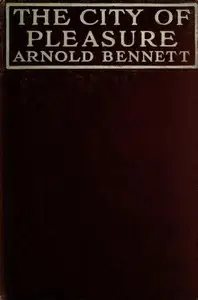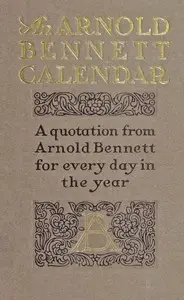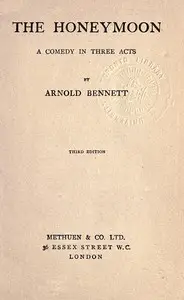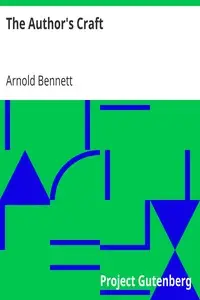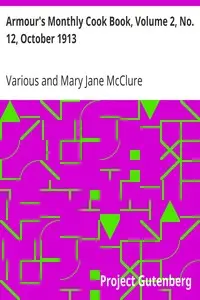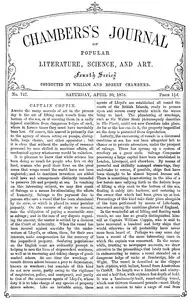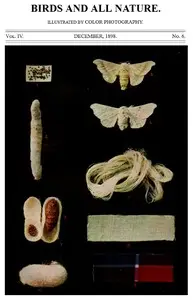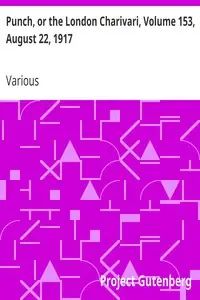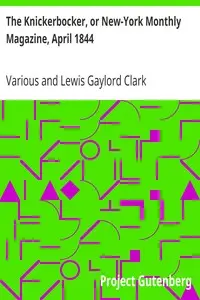"Literary Taste: How to Form It" by Arnold Bennett is a guide that explains how to truly appreciate literature during the early 1900s. The book shows how to develop a love for reading, claiming that literature is a key part of a rich life, not just a fancy addition. The author argues against common misunderstandings about reading, pushing readers to take classic books seriously. The book starts by aiming to build genuine love for literature, going against the idea that it's just for show or a way to pass the time. Bennett points out that society often sees enjoying literature as just something people do to look good, instead claiming that reading deeply makes life better. He stresses that we should read classics with real curiosity and a strong wish to relate to the beauty and difficulties of human life, not just because they are important. This beginning sets a tone that is both thoughtful and makes readers want to read literature with an open mind, for their self-improvement.
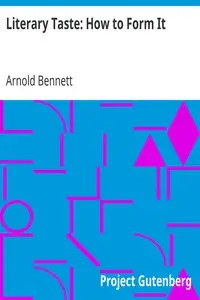
Literary Taste: How to Form It With Detailed Instructions for Collecting a Complete Library of English Literature
By Arnold Bennett
Discover how to cultivate a genuine appreciation for literature and unlock its transformative power to enrich your understanding of the world and yourself.
Genres
Released
2003-01-01
Formats
epub (images)
epub
epub3 (images)
mobi (images)
mobi
txt
Free Download
Summary
About the AuthorEnoch Arnold Bennett was an English author, best known as a novelist, who wrote prolifically. Between the 1890s and the 1930s he completed 34 novels, seven volumes of short stories, 13 plays, and a daily journal totalling more than a million words. He wrote articles and stories for more than 100 newspapers and periodicals, worked in and briefly ran the Ministry of Information during the First World War, and wrote for the cinema in the 1920s. Sales of his books were substantial, and he was the most financially successful British author of his day.
Enoch Arnold Bennett was an English author, best known as a novelist, who wrote prolifically. Between the 1890s and the 1930s he completed 34 novels, seven volumes of short stories, 13 plays, and a daily journal totalling more than a million words. He wrote articles and stories for more than 100 newspapers and periodicals, worked in and briefly ran the Ministry of Information during the First World War, and wrote for the cinema in the 1920s. Sales of his books were substantial, and he was the most financially successful British author of his day.
Total Reviews
10.0k
Total reviews from Goodreads may change

